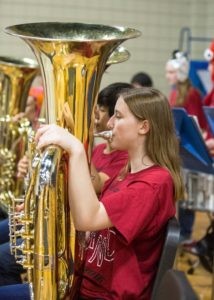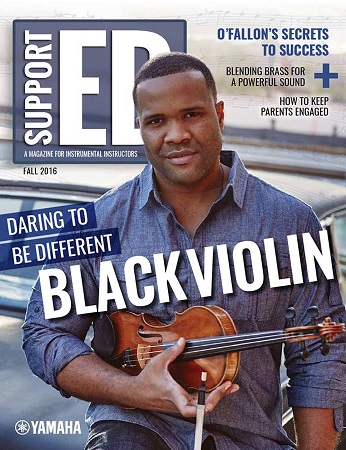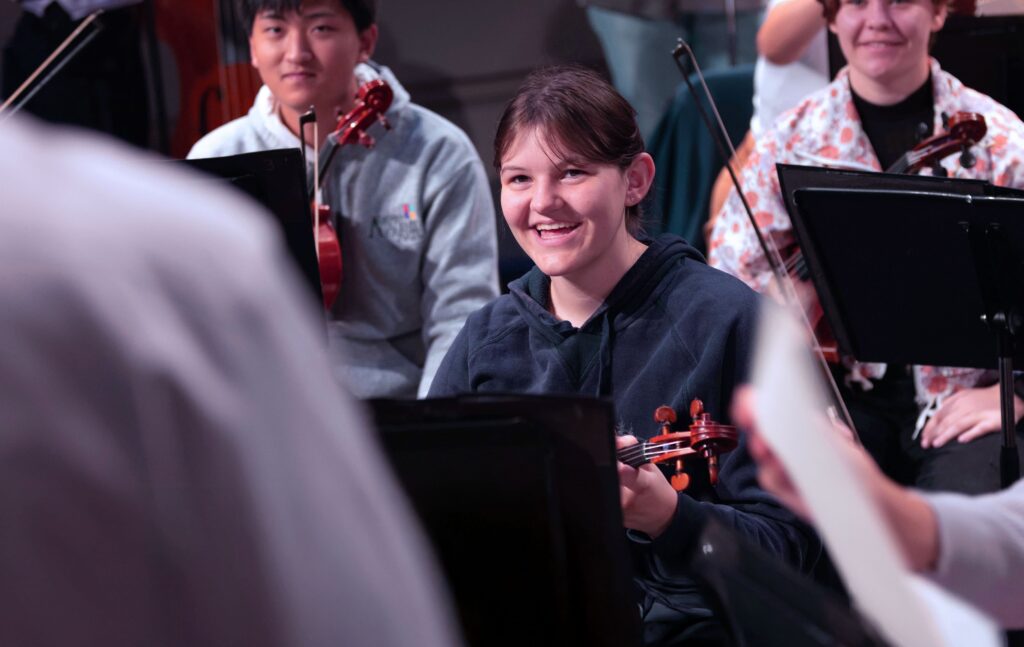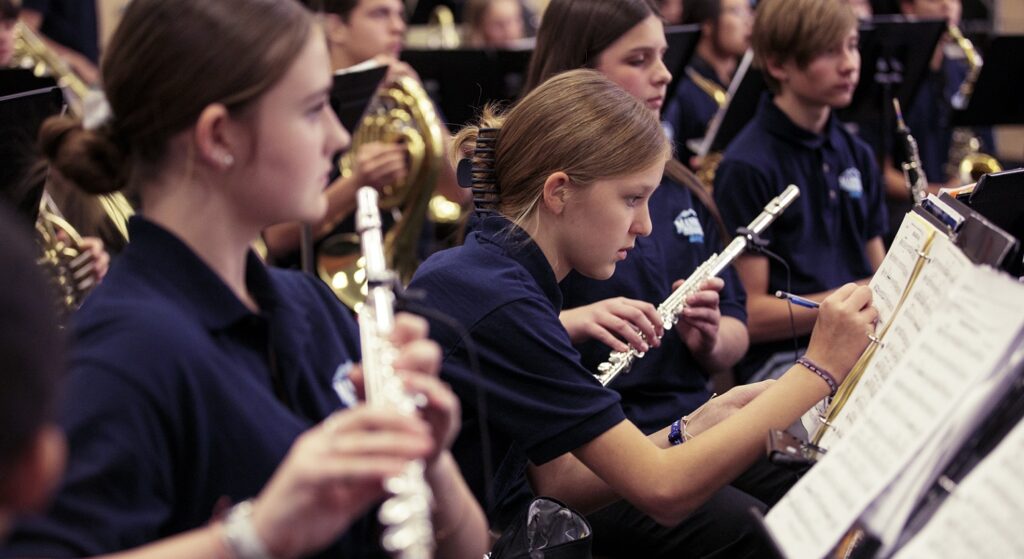Get Parents Involved!
There are countless benefits when you get parents involved and engaged in their children’s musical growth.
Wouldn’t you like to find new ways to get parents more involved with their students’ home practice and progress? Of course you do. We all do! According to the Harvard Family Research Project, parental engagement is universally associated with higher achievement on grades, test scores and teacher rating.
How do we encourage parents to be active with their own children’s instrumental music progress and success? Engaged parents read to their children and listen to their children read. They check math homework and proofread English papers. Certainly it is reasonable to expect that same kind of child/parent relationship in beginning band classes, but not all parents have prior experience in music. So how do we get started?
Playing Makes Perfect
It is essential to provide the parents with something to listen to. Encourage students to play recognizable melodies from memory for their parents. Even “Hot Cross Buns” is amazing for beginners! Suggest students discover “by ear” favorite tunes: “Happy Birthday,” nursery rhymes, simple patriotic tunes or college school songs, for instance.
When a playing test is coming up, remind students that it is valuable to play the assigned lines for parents before the big day. An informal “dress rehearsal” at home can help work out simple errors and nerves.
Raise the stakes by challenging students to give mini-concerts for family. This practice performance can go beyond the house. Don’t forget to explore social media applications. Videos can be shared with family members via email or Facebook, and far-away grandparents will be delighted by such a FaceTime event. The pathway to progress is steeped in play, play, play.
Learn to Listen
Offer the parents suggestions (perhaps a checklist) on how to listen and what to listen for. Progress will flux, and some practice sessions will be better than others, so encourage them to praise effort as well as results. When parents hear a child struggling, they should guide practice by asking the student to play challenging spots in the music three times in a row without a mistake.
Parents should monitor their children’s levels of satisfaction or frustration with their playing. After concerts, performances or lessons, parents can ask their children to tell them the things they didn’t like or identify where improvement is needed. Asking their children how they plan to practice to improve is a valuable learning experience.
Give parents a checklist of “good practice habits” they can monitor. If using printed music, does your child have a music stand and chair for practice? Good posture is critical, even when practicing at home. If they have a room with glass windows or a full-length mirror, they should be utilized to see posture and horn angles.
Parents must make certain the instrument is in good playing condition and that all necessary supplies are on hand. A metronome can be an invaluable tool for improving a particular passage, and practicing with a tuner can improve tone quality.
Don’t forget that in today’s digital age, recording practice on a phone or tablet is great for self-evaluation and feedback. Never underestimate the value of recording and then evaluating progress.
Super Structure
Give parents and students these practice structure tips.
1. Several shorter practice sessions are universally more productive than a practice marathon, and taking a break from practice when frustrated can be a good thing. Parents should discourage an epic practice session. They never end well.
2. Develop the skill of isolating problems. Parents can listen and remind their children to break it down rather than simply playing the assignment over and over. When you feel like you’re at an impasse, try working backwards. Learn and practice the last measure first, then the last two measures, and so on.
With these tips, students will hopefully be enthusiastic about their musical progress. But if a particular student is getting truly discouraged, suggest that parents contact the director and the child’s private teacher, if possible. Many students who exit their band program do so because they believe that they are “not good enough.” A watchful eye and ear from parents and the director can circumvent this problem.
I have personally seen how parents and family can make or break a child’s musical progress and help the overall program thrive. Parental engagement and encouragement is priceless. Promote it at all costs!
Photos © Lanette Kinnaird, Photographers of Westlake
This article originally appeared in the Fall 2016 issue of Yamaha SupportED. To see more back issues, find out about Yamaha resources for music educators, or sign up to be notified when the next issue is available, click here.


















